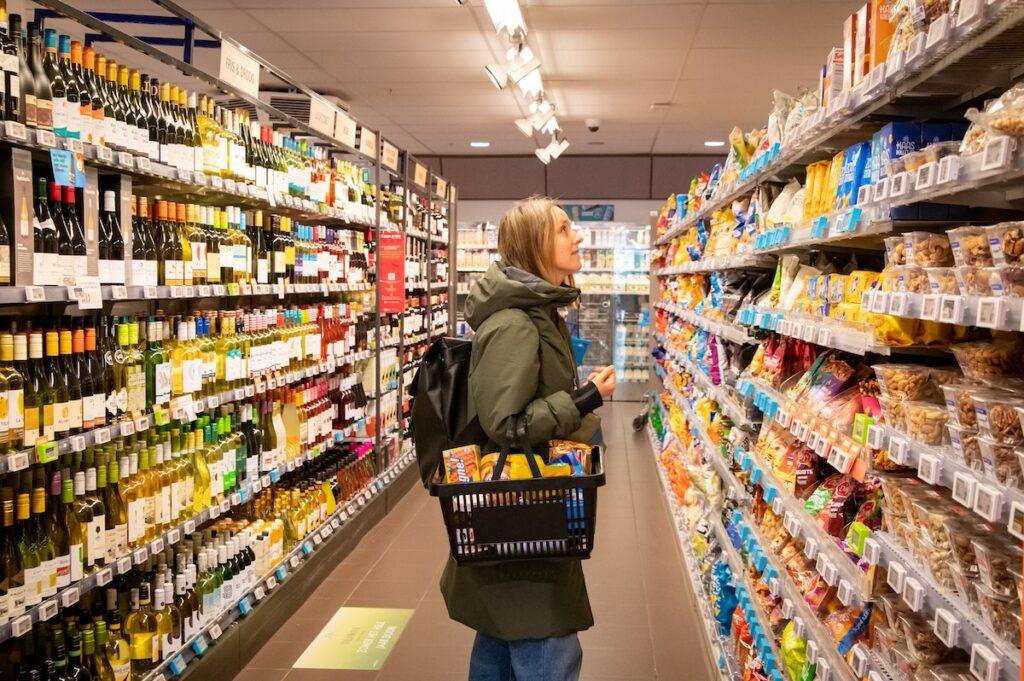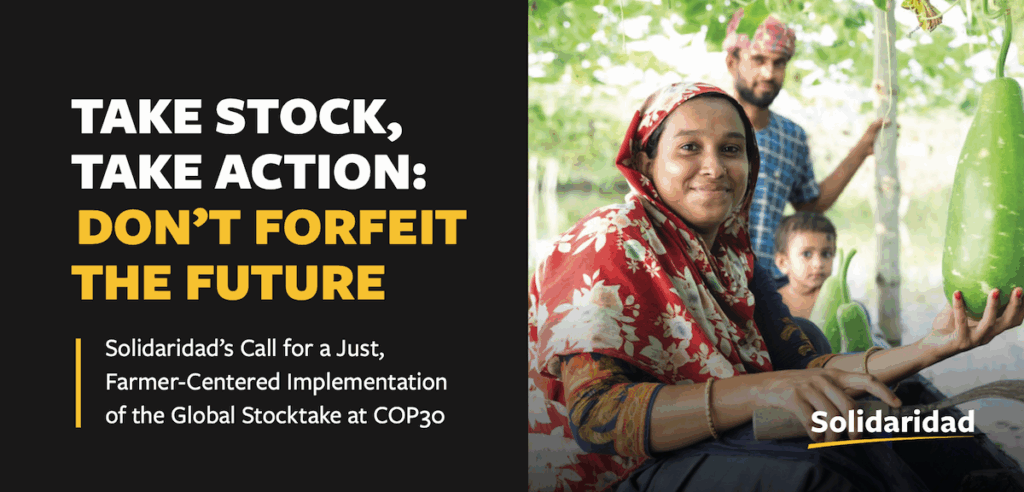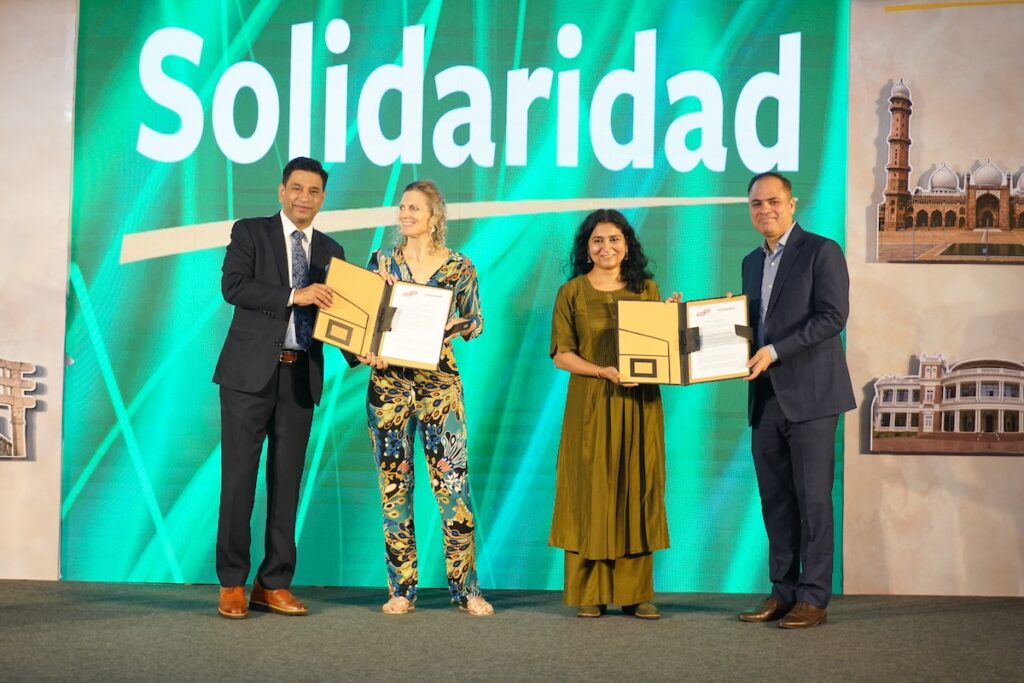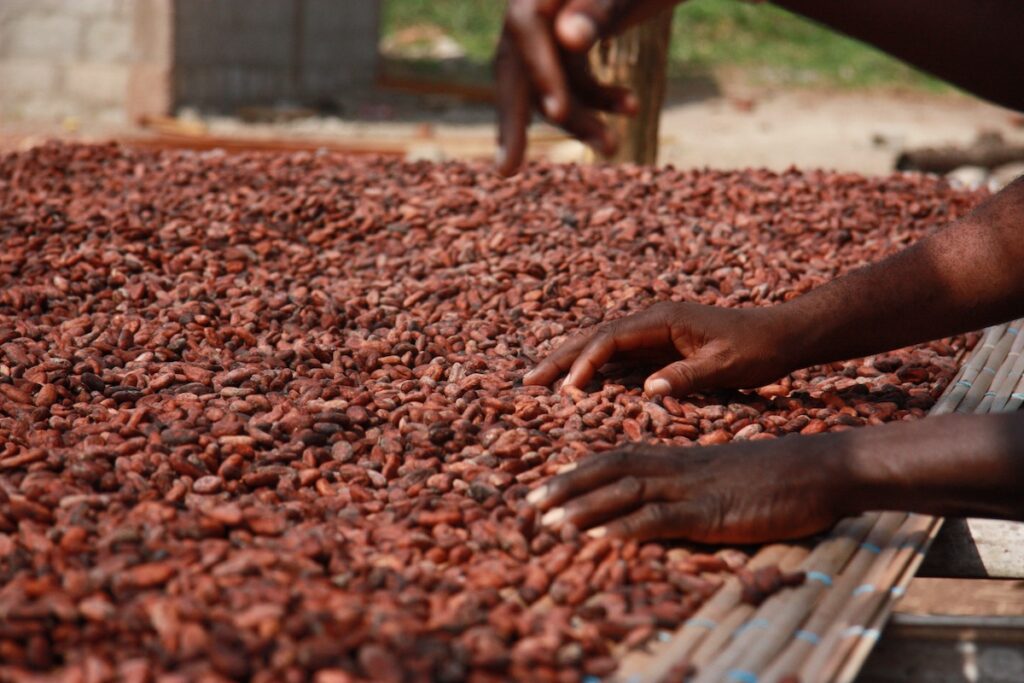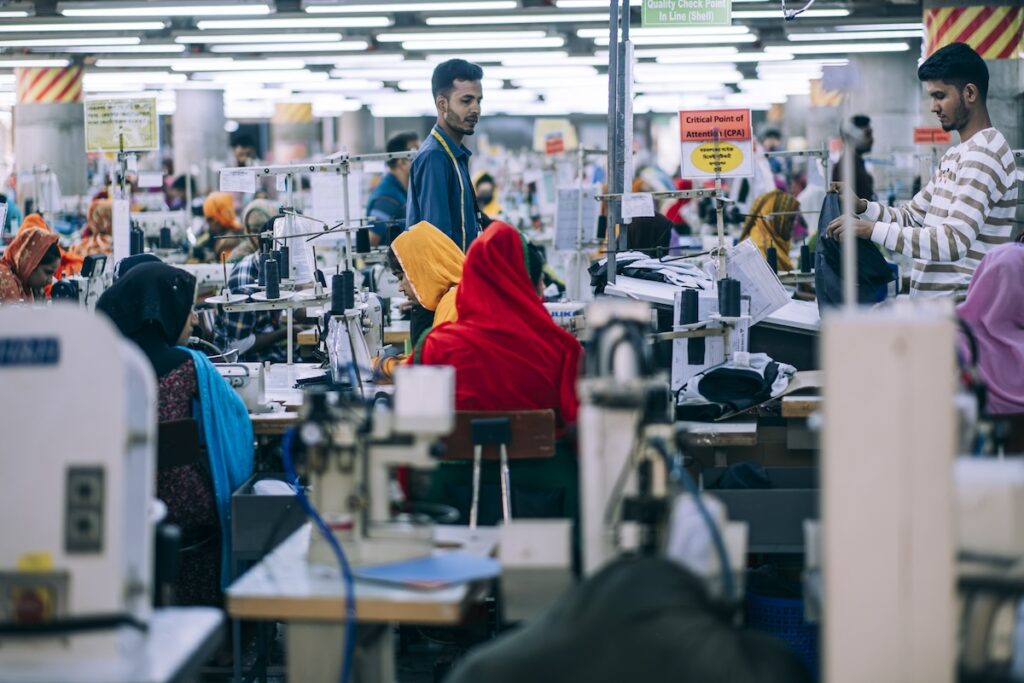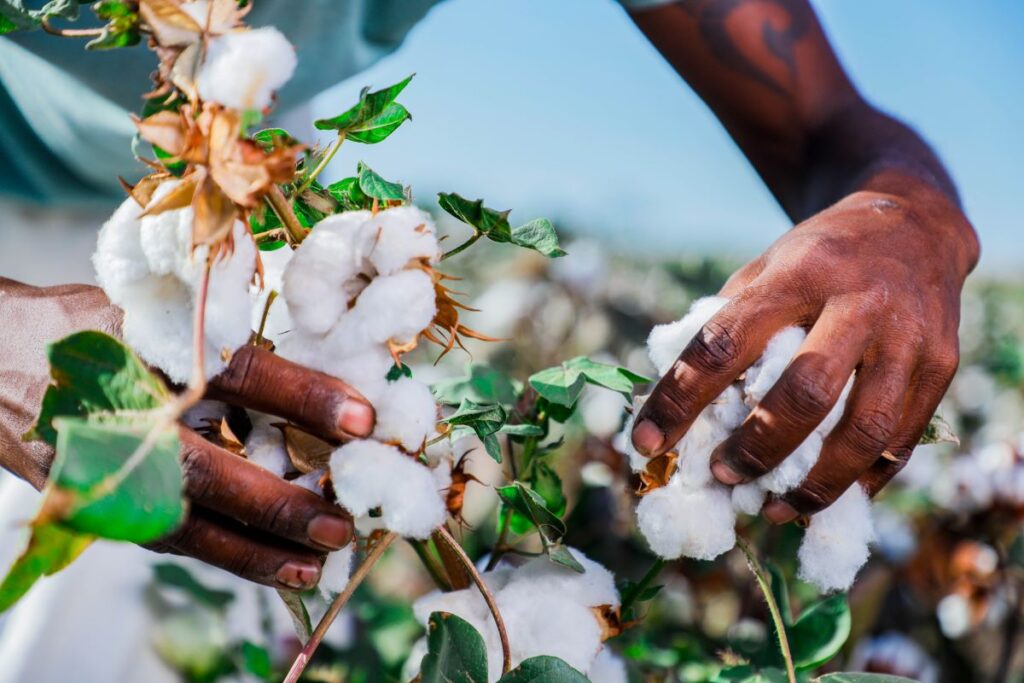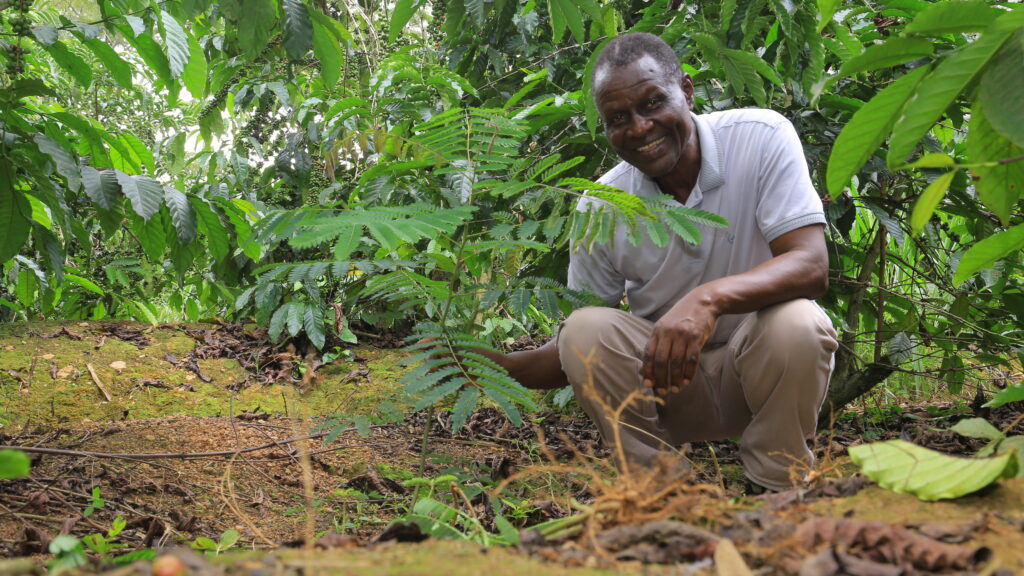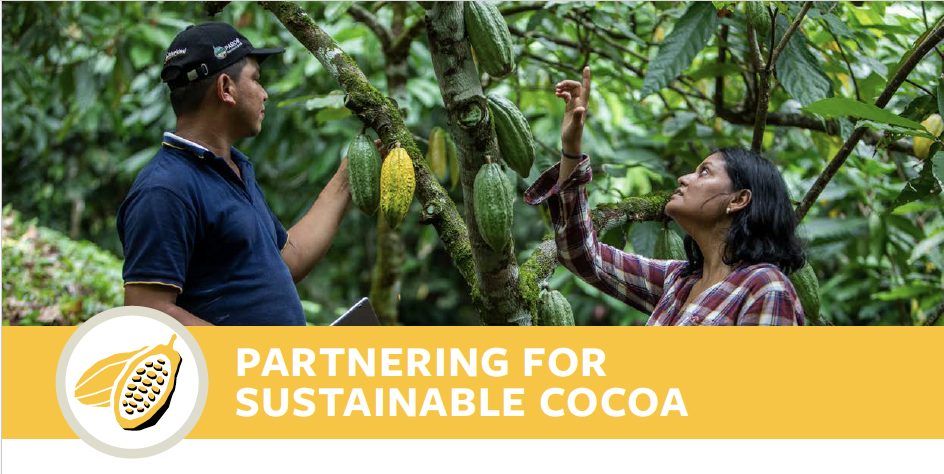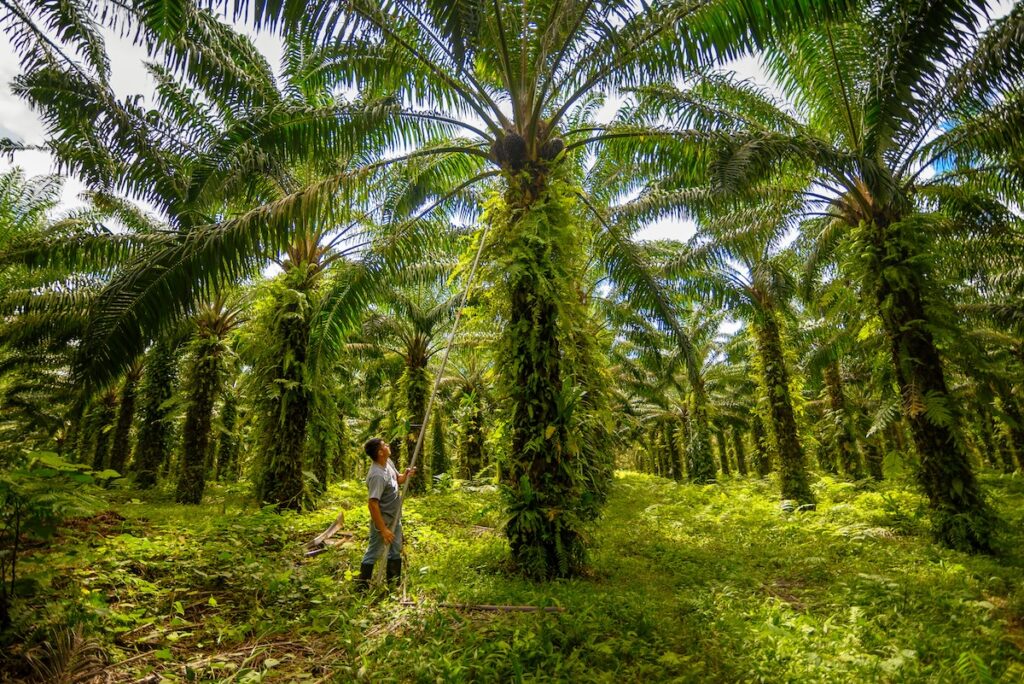Photo above: Visitors sign the wall in the Signastore (Utrecht, the Netherlands) in support of the Good Clothes, Fair Pay campaign, in November 2022.
This story by Marc Broere was originally published in the Vice Versa Power of Voices special (June 2024).
* Catarina Vieira is a former advisor at Solidaridad (by the time of publication of this article).
Influencing European policy and gaining public support
A long time ago, when Solidaridad set out to address inequality in global markets, it started with fair trade, founding the earliest fair trade coffee certification. Since then, the organization has increasingly focused on changing markets through certification initiatives and working with small and large companies. But even this wasn’t enough. ‘We realized more and more,’ says van der Bijl, ‘that to change markets you have to also influence government policy.’
When they realized the importance of efforts on corporate practice and government policy, influencing EU policy became a natural priority for Solidaridad. ‘We look at how European politics can help realize Solidaridad’s objectives, namely: a world that is good for the environment as well as for small-scale farmers,’ says Vieira.
Solidaridad’s European lobbying focuses on two types of legislation in particular: the Corporate Sustainability Due Diligence Directive (CSDDD), which sets out requirements for companies on human rights and the environment, and the European Deforestation Regulation (EUDR), which states that beef and leather, cocoa, coffee, palm oil, rubber, soy and wood imported into the EU must be ‘deforestation-free’.
Public support is key to policy influencing. To build this Solidaridad has been involved in campaigns for more sustainable and inclusive policies and supply chains. An illustrative example is Good Clothes, Fair Pay (2022-2023), an EU-wide collaborative initiative, undertaken in coalition with several partner organizations advocating for fair wages in the textile industry.
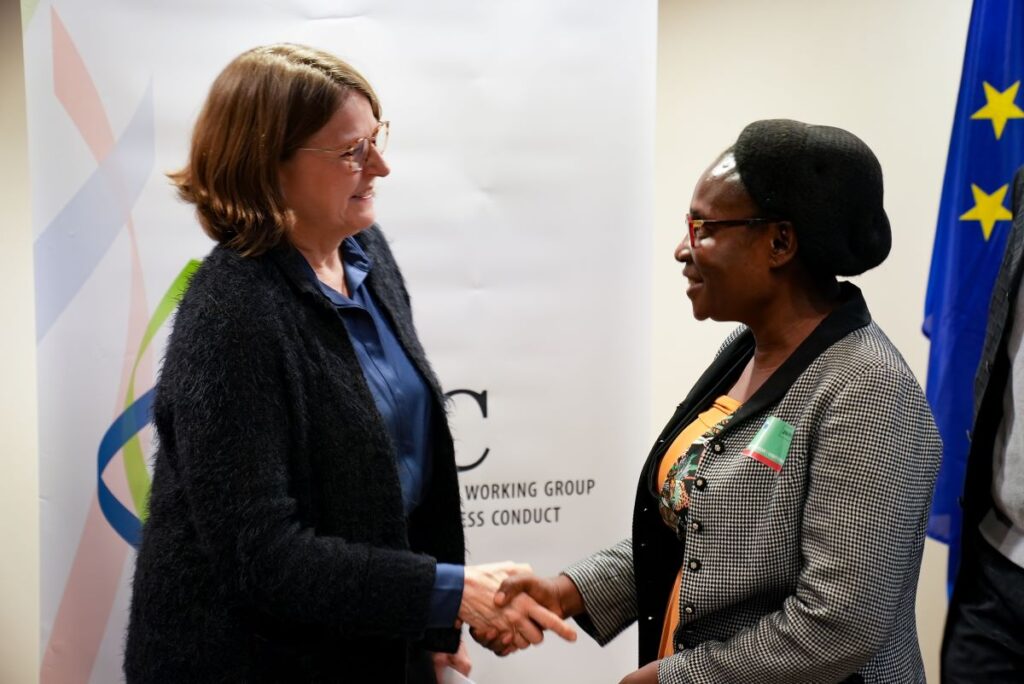
Prioritizing the producers’ perspective
Although Solidaridad was not the only civil society organization lobbying around these issues, it was one of the few that explicitly focused on small-scale farmers, according to Vieira: ‘Until recently, they were never seen as a group with particular needs of their own, nor were they represented in sensitive discussions, such as on deforestation.’
In the debate on the deforestation regulation, Vieira observed how badly this change was needed. ‘On the one hand, there were many green NGOs lobbying to stop deforestation; and on the other, there were companies trying to weaken the measures, but there was no organization approaching the problem from the perspective of the producers in the South.’
‘If you really want a sustainable solution, it is important to involve small-scale farmers in the discussion – first of all because they know very well from practice how to protect nature, but also to prevent a situation where they end up having to bear the brunt of strict legislation.’
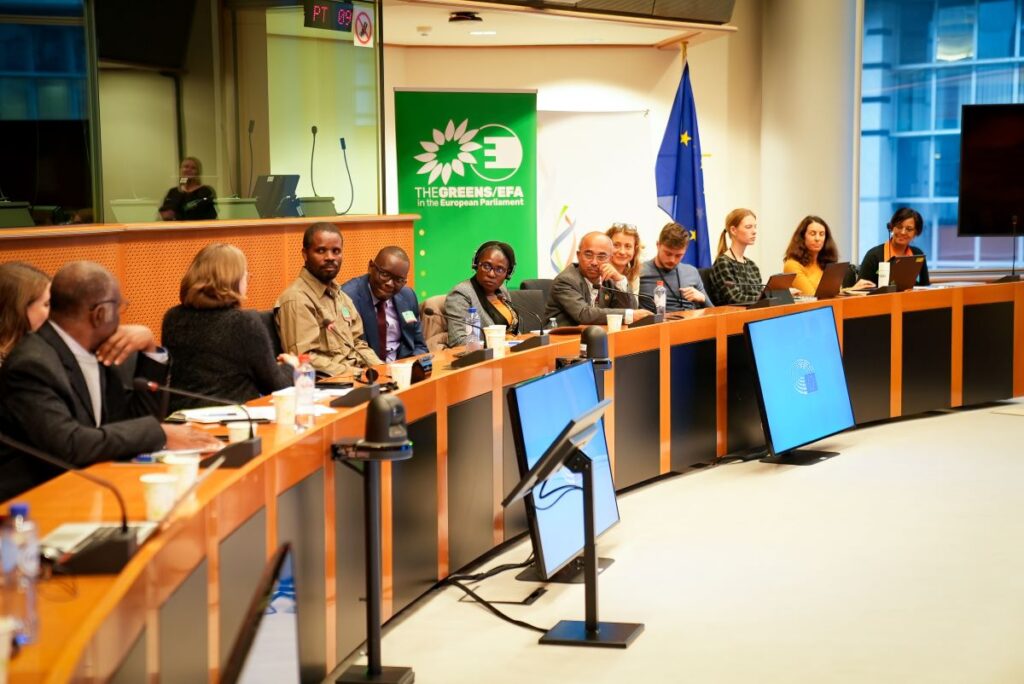
Complying with the legislation requirements
According to Vieira, it is often difficult for small-scale farmers to comply with legal administrative requirements, whereas larger-scale producers and plantations can often more easily demonstrate that they are complying with the (stricter) requirements.
After two and a half years of lobbying (per July 2023, when this interview took place), van der Bijl and Vieira are satisfied, indicating that the issue which Solidaridad is calling attention to has ‘landed’ among the political circles involved in both legislative processes. It is also on the radar of MEP Christophe Hansen, the rapporteur on deforestation legislation.
According to van der Bijl, Hansen constantly points out the impact of European policies on small-scale farmers in producing countries outside of Europe. ‘It helps that he himself comes from a family of small-scale farmers in Luxembourg. He also went to West Africa in his special function as rapporteur, and has met farmers there – that really helps to realize what their challenges are.’
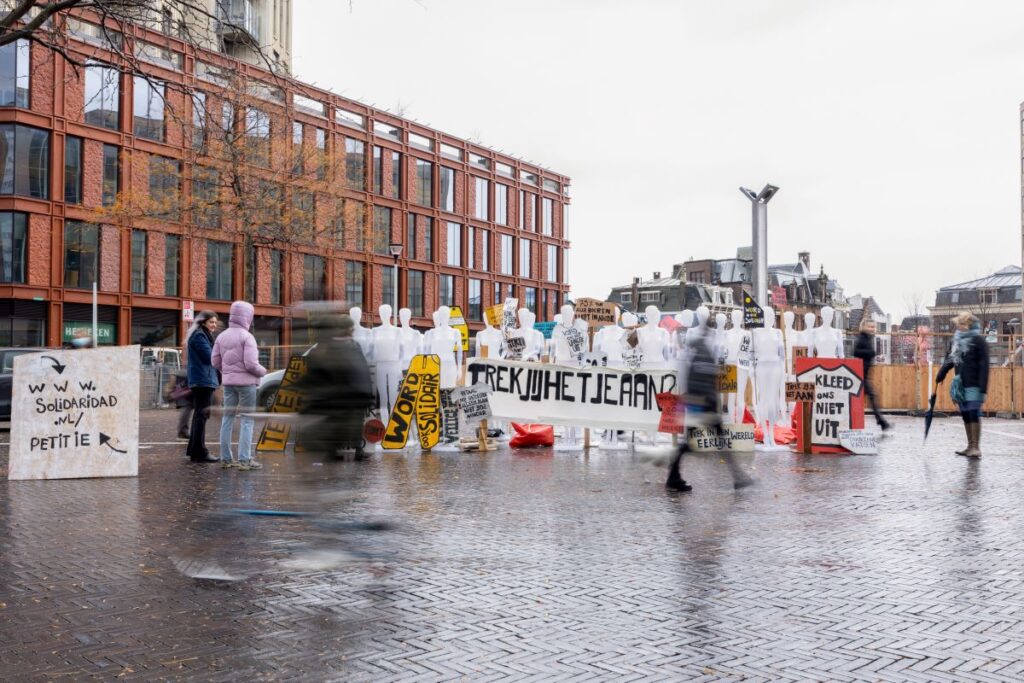
Civil society lobbying in the EU
Most strategic partnerships within the Power of Voices programme deal with lobbying and advocacy in low and middle-income countries. Vieira and van der Bijl offer some reflections on the processes involved in influencing policies in the EU.
Vieira tells: ‘In Europe, you have the civic space to be an NGO and share your views openly – that is already an advantage, because in many countries outside of Europe, this is not a fact that can be taken for granted. Also, I think that the European Parliament is very receptive to civil society lobbying, despite a reputation for being intransparent and complicated. In truth it can definitely be complicated, but it is certainly not intransparent.’
‘It’s about being able to get the right forms, knowing who is in charge and where, and how the legislation process goes, and you can talk openly with parliamentarians from all member states. There is a lot of contact between the people who make policy and those who want to influence it. There are really a lot of specialized people who are working with their staff on our files and are keen to share knowledge, and ask you for your opinion. In many other legislative bodies across the world this kind of dialogue with the parliament would be far more challenging.’
Van der Bijl: ‘The European Parliament is receptive to voices if they are knowledge-based and the decision-makers feel that the information is important – the Parliament is not so interested in yesterday’s and tomorrow’s headlines. Especially for an organization that wants to be the voice of small-scale farmers and to speak on their behalf, the European Parliament is easier to influence than most parliaments of member states and other countries.’
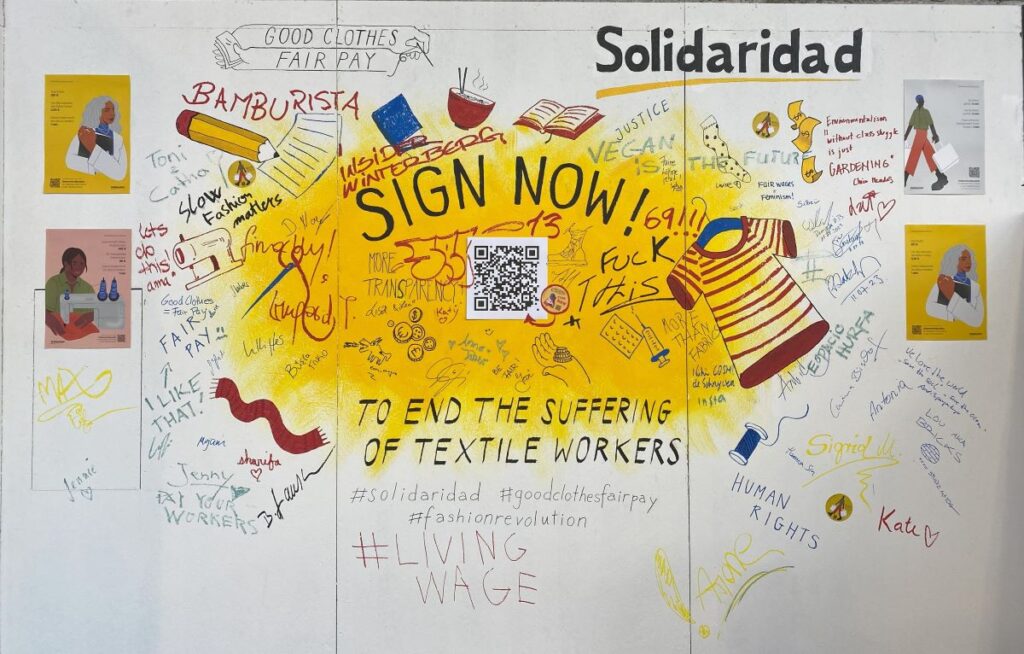
‘We have both been working on European policy for a few years now, and my appreciation for the people and for European policy-making has greatly increased. I admire many people in Parliament who are really well informed and interested in what the consequences of their proposals are.’
Vieira nods. ‘It would be nice if that confidence in Europe also reaches European citizens; that’s why we publicize our work and give citizens the opportunity to make their voices heard in Brussels.’
Power of Voices special
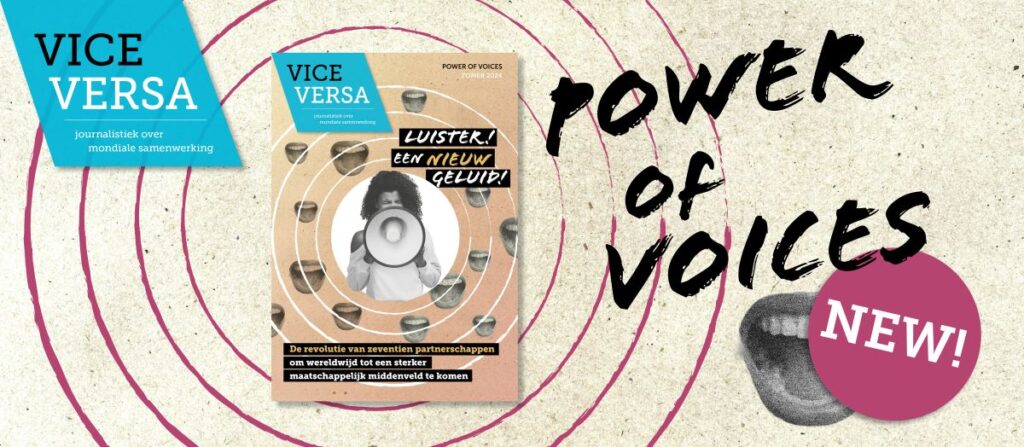
This interview and photo report were originally published in Dutch in Vice Versa’s Power of Voices magazine special, featuring the work of various partnerships under Power of Voices, such as RECLAIM Sustainability!
Interested to read more stories from RECLAIM Sustainability! featuring in the Power of Voices special? Check out the story of Faustina Aberor, cocoa farmer and women’s cooperative president in Ghana, and stay tuned for one more story coming your way from Honduras!


